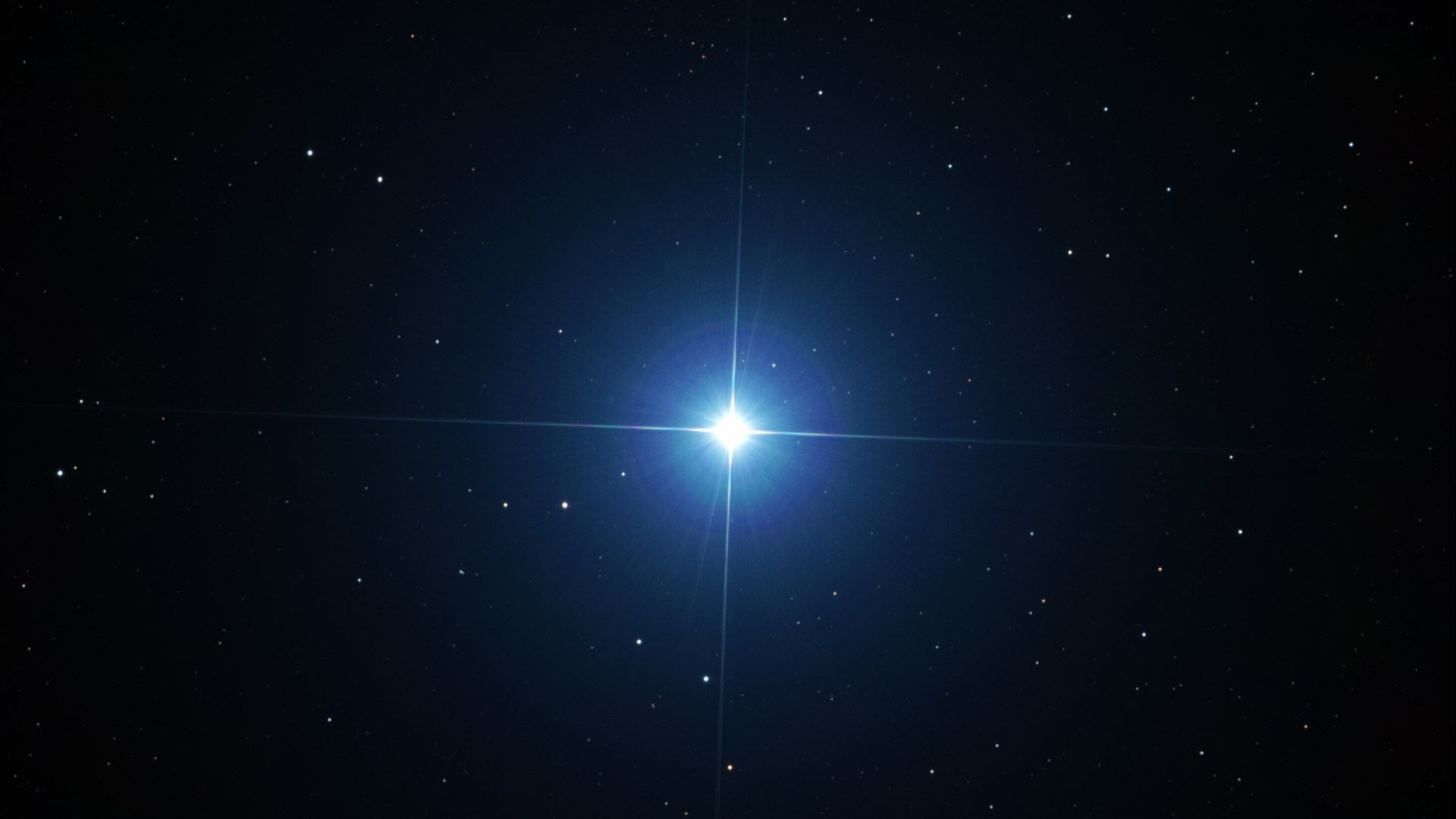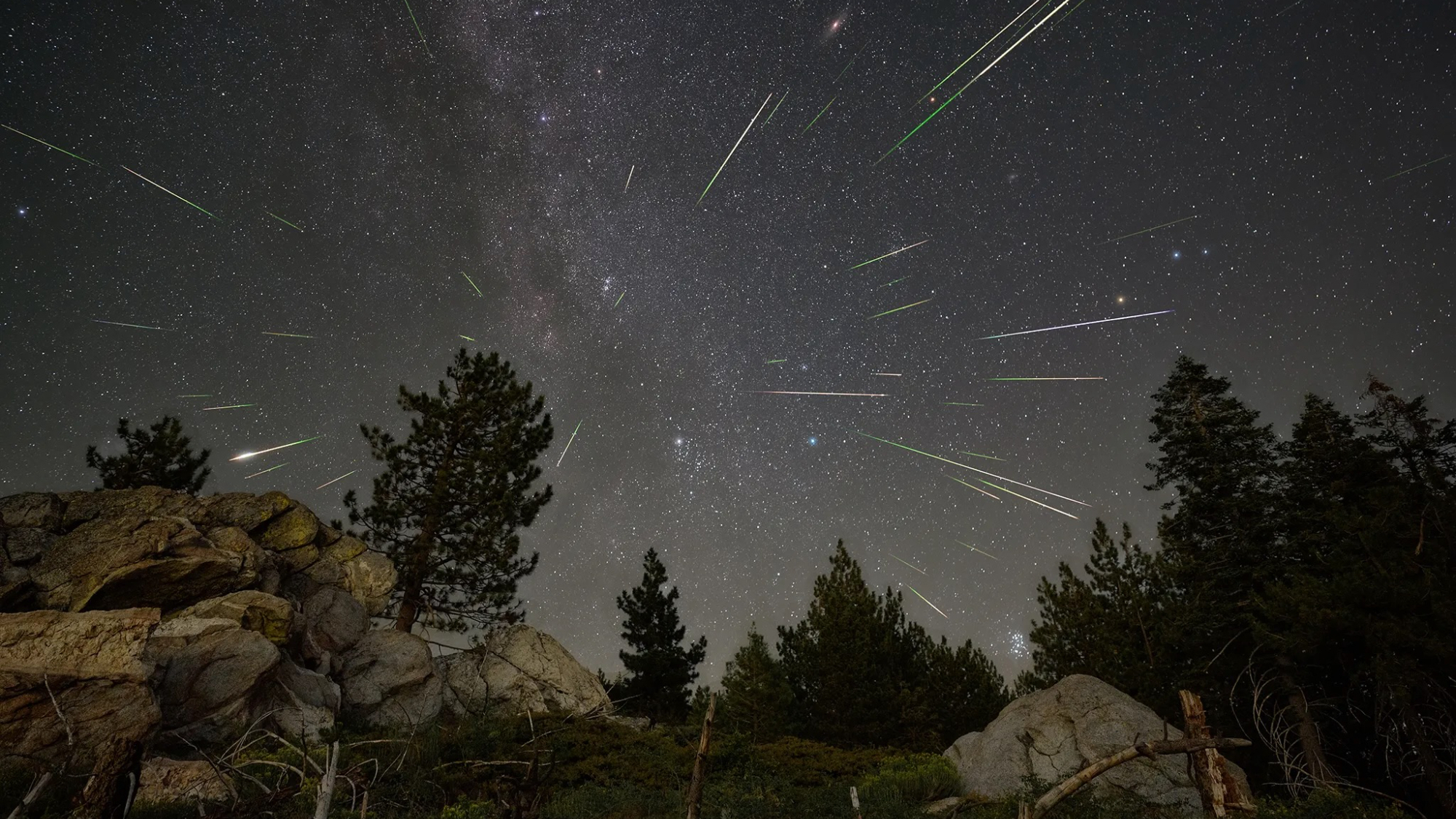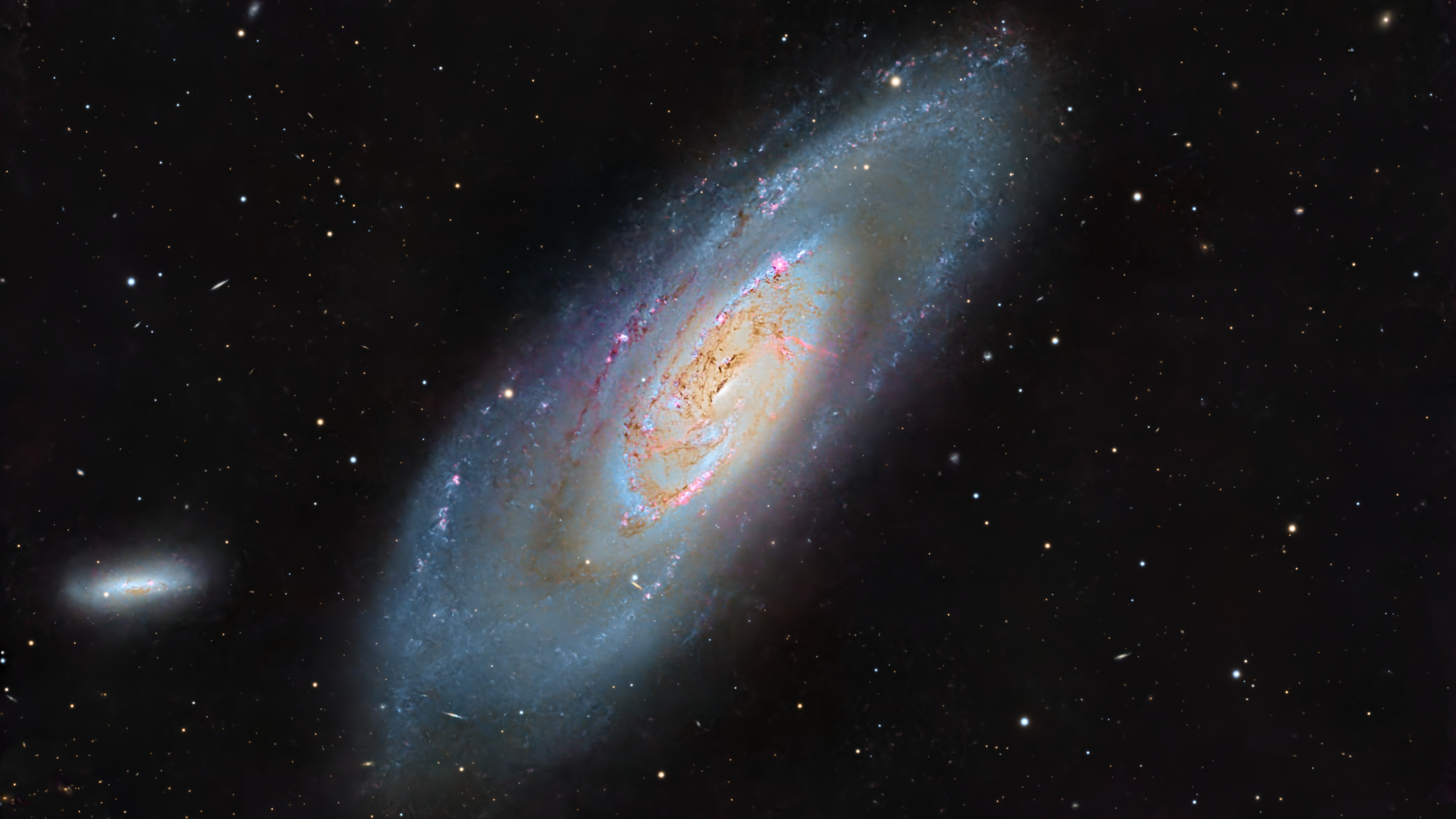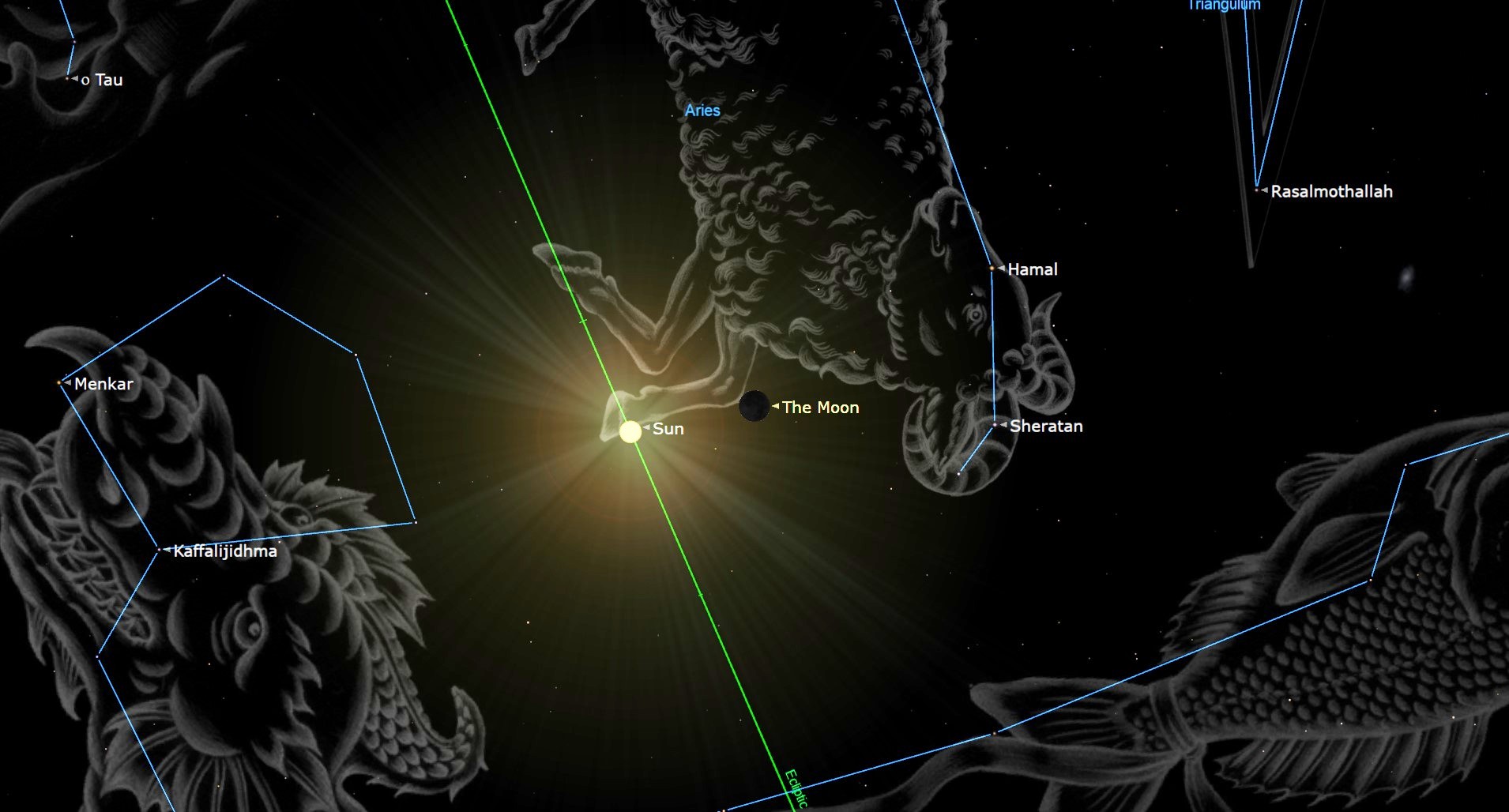Year's Best Meteor Shower Peaks Tonight
The Geminid meteor shower, a reliable annual display, peaks tonight and into the pre-dawn. For skywatchers with dark, clear skies, this dazzling display should produce up to 120 meteors per hour.
The best time to watch is tonight or anytime between midnight and dawn Thursday [Viewer's Guide].
Unlike the highly-touted Leonid meteor shower, which disappointed many skywatchers last month, the Geminids are known for dependability.
"Start watching on Wednesday evening, Dec. 13, around 9 p.m. local time," said Bill Cooke of NASA's Meteoroid Environment Office. "The display will start small but grow in intensity as the night wears on. By Thursday morning, Dec. 14, people in dark, rural areas could see one or two meteors every minute."
What to expect
The Geminids are bits of debris cast off by 3200 Phaeton, a strange asteroid-like object that scientists think might be a burned-out comet. "No one can decide what it is," Cooke said.
The object orbits the Sun and crosses the path of Earth's orbit. Pieces of material typically no larger than a pea vaporize as they slam into Earth's atmosphere.
Get the Space.com Newsletter
Breaking space news, the latest updates on rocket launches, skywatching events and more!
Geminids tend to be slow compared to other shooting stars, and some of them will be very bright.
"This shower has a reputation for being rich both in slow, bright, graceful meteors and fireballs as well as faint meteors, with relatively fewer objects of medium brightness," said Joe Rao, SPACE.com's skywatching columnist. "Many appear yellowish in hue. Some even appear to form jagged or divided paths."
How to Watch
To view the Geminids, bundle up and find the darkest location possible with a wide-open view of the sky. Dress in layers and much more warmly than you think necessary. Use a lounge chair, tarp or blanket to allow you to lie back and stare up. Allow 15 minutes for your eyes to adjust to the darkness, then scan as much of the sky as possible.
In the late evening, most of the activity will be toward the east-northeast. Find a spot that has a clear view of the horizon. After midnight, the whole sky is fair game.
City dwellers can expect to see far fewer meteors as only the brightest of them can overcome urban glare. Suburbanites and rural residents should turn off porch lights and seek to escape as much local light as possible.
While tonight and Thursday morning offer the best bet, up to 30 or even 60 meteors per hour might grace the skies Thursday night and Friday morning. The shower, which got going last weekend, will then taper off rapidly, offering a few stragglers into the weekend.
- Viewer's Guide: 2006 Geminid Meteor Shower
- Meteors and Meteor Showers: How They Work
- Does Anyone Ever Get Hit by Meteors?
- Tips on Meteor Shower Photography
- All About Meteors
Join our Space Forums to keep talking space on the latest missions, night sky and more! And if you have a news tip, correction or comment, let us know at: community@space.com.

Rob has been producing internet content since the mid-1990s. He was a writer, editor and Director of Site Operations at Space.com starting in 1999. He served as Managing Editor of LiveScience since its launch in 2004. He then oversaw news operations for the Space.com's then-parent company TechMediaNetwork's growing suite of technology, science and business news sites. Prior to joining the company, Rob was an editor at The Star-Ledger in New Jersey. He has a journalism degree from Humboldt State University in California, is an author and also writes for Medium.









